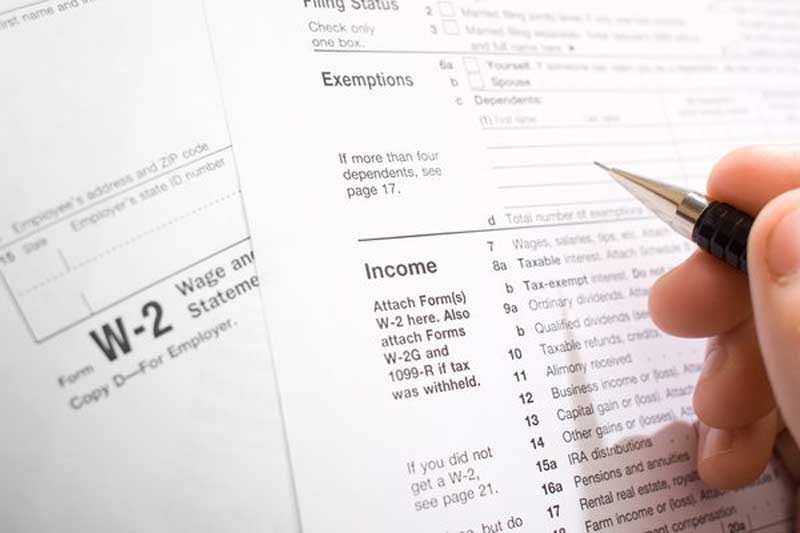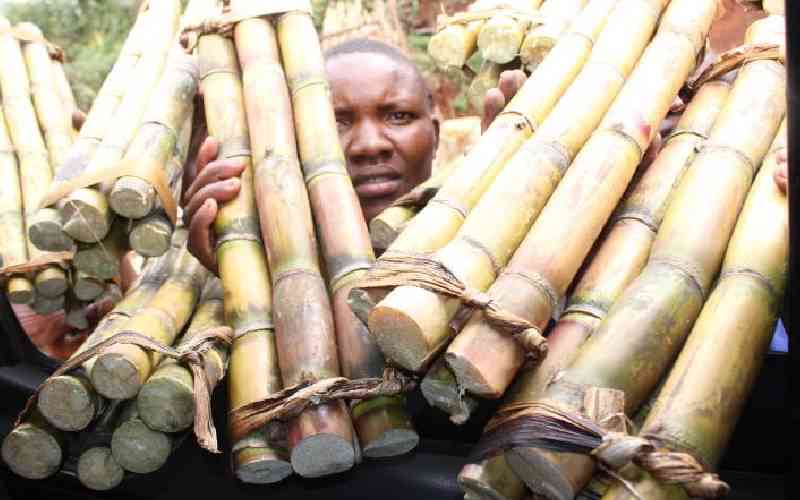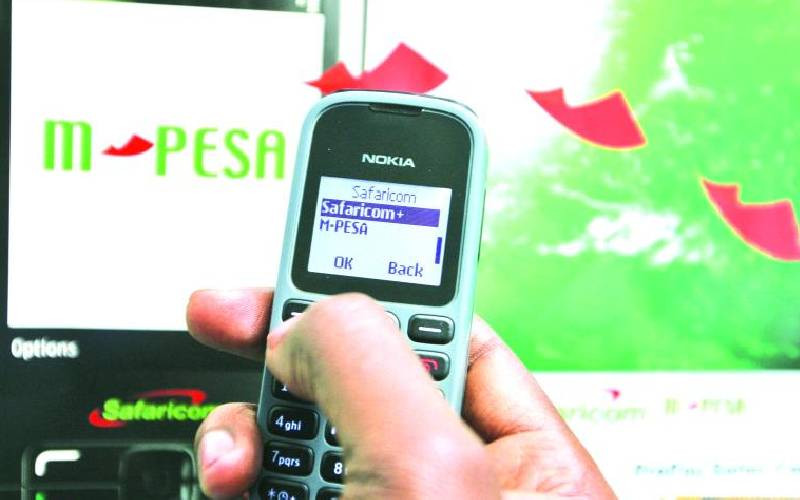
The issue of government’s revenue shortfall or deficit has been in the limelight lately, resulting in the introduction of taxes and increases in existing taxes as well as austerity measures in government spending.
According to the recently released Controller of Budget’s report on the 2017/2018 financial year, personal emoluments and travel expenses of public servants, including counties, gobbled 42 per cent of total tax income for the period (Sh1,311.7 billion).
The first direct beneficiaries of tax revenue are the public servants who do so by virtue of their employment in public service.
The question that arises is whether these officials are paying their fair share of tax on the range of benefits they enjoy as a result of the offices they hold.
While there can be no doubt as to whether Ministries, Departments and Government Agencies (MDAs) as well as counties are subjecting the salaries and allowances to tax, there are areas with regard to some of the allowances and benefits on which the Government might be losing tax revenue.
Apart from salaries and allowances, other employment benefits that are ordinarily subject to Pay As You Earn (PAYE) tax include housing, motor vehicle, telephone, per diems and fringe benefits arising from loans at preferential rates.
On housing, the tax rules dictate that if an employee is provided with housing, a benefit accrues which should be taxed at higher of 15 per cent of employment income, fair market rental value or the rent paid by the employer.
Are the MDAs or counties subjecting the benefits to tax as appropriate?
Employment income
There is the issue of motor vehicle benefits. If an employee is provided with a motor vehicle for personal use, it is considered a benefit subject to tax at the rate 2 per cent per month of the value of the vehicle unless there is an approved restricted use, in which case a lower rate of benefit would apply.
The public servants issued with motor vehicles could argue that they use them to carry out their official duties.
However, where does one draw the line between private and official use?
For instance, does picking an official from home and dropping him at the office constitute official use? Based on case laws, that part of the journey is considered personal as it puts the person in a "position" to start work. This is similar to an employee using his personal vehicle or public transport to get to work which cannot be considered official duty.
More controversial is the Sh5 million car grant which I understand is not only paid to MPs but also to CSs, PSs and Judges.
Stay informed. Subscribe to our newsletter
This is a straight employment benefit which should be subject to tax. Does KRA ensure that these are subjected to tax?
According to the Controller of Budget report, between National and County governments, travel costs amounted to Sh23.6 billion out of which parliament spent 35 per cent of the National government’s portion of Sh12.265 billion, at Sh4.265 billion.
Per diems
While the travel costs include air tickets, a significant component relate to what is called subsistence allowance or per diems.
A few years ago I overheard a former member of parliament telling a colleague that when they go for foreign trips, they could get between Sh3 and Sh4 million each in per diems depending on the duration of the trip and the destination. This was before SRC came in to regulate the rates from 2015.
Ordinarily, employees are required to either account for per diems in excess of the tax-free amount of Sh2,000 per day or have them taxed on the excess unless the amount is a reimbursement.
This excludes those employers who got approval of their per diem rates by KRA.
I doubt whether public servants are being taxed on per diems in excess of tax-free amounts that are not reimbursements.
It is probably in recognition of the challenges in subjecting to tax the per diems of public officials that a change in its taxation has now been proposed in the Income Tax Bill, 2018.
The bill pegs the tax free per diems on the public service prescribed rates, which are generous as it can exceed Sh100,000 per day depending on the rank of the official and the destination.
The other area of tax concern is fringe benefit (FB) where both National and county governments give their employees mortgage and car loans at preferential interest rates.
Does KRA ensure that these are subjected to FB tax according to the tax rules as it will do for private entities?
As direct beneficiaries of tax revenue and in line with equity canon of taxation, public servants should be the last people whose benefits should go untaxed.
KRA has both statutory and moral obligation to ensure that their employment benefits are taxed appropriately.
Mr Khalif is a Finance and Tax [email protected]
 The Standard Group Plc is a
multi-media organization with investments in media platforms spanning newspaper
print operations, television, radio broadcasting, digital and online services. The
Standard Group is recognized as a leading multi-media house in Kenya with a key
influence in matters of national and international interest.
The Standard Group Plc is a
multi-media organization with investments in media platforms spanning newspaper
print operations, television, radio broadcasting, digital and online services. The
Standard Group is recognized as a leading multi-media house in Kenya with a key
influence in matters of national and international interest.
 The Standard Group Plc is a
multi-media organization with investments in media platforms spanning newspaper
print operations, television, radio broadcasting, digital and online services. The
Standard Group is recognized as a leading multi-media house in Kenya with a key
influence in matters of national and international interest.
The Standard Group Plc is a
multi-media organization with investments in media platforms spanning newspaper
print operations, television, radio broadcasting, digital and online services. The
Standard Group is recognized as a leading multi-media house in Kenya with a key
influence in matters of national and international interest.










